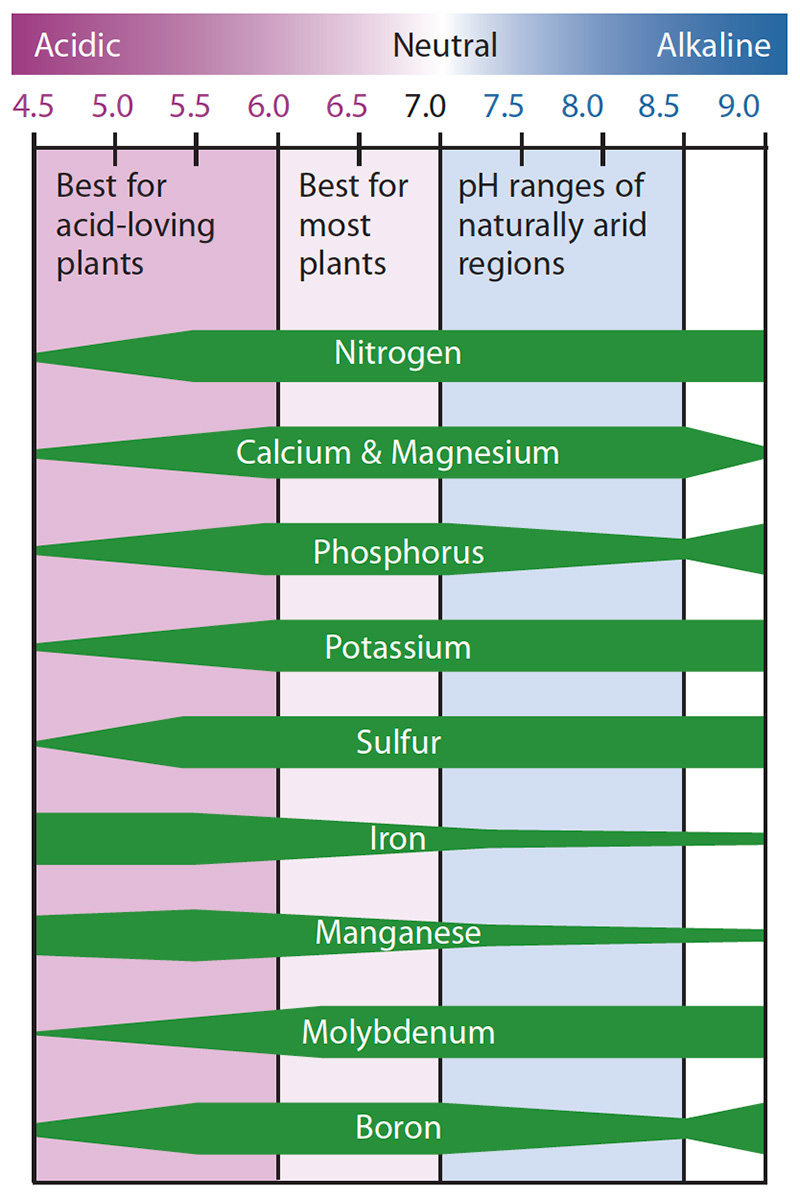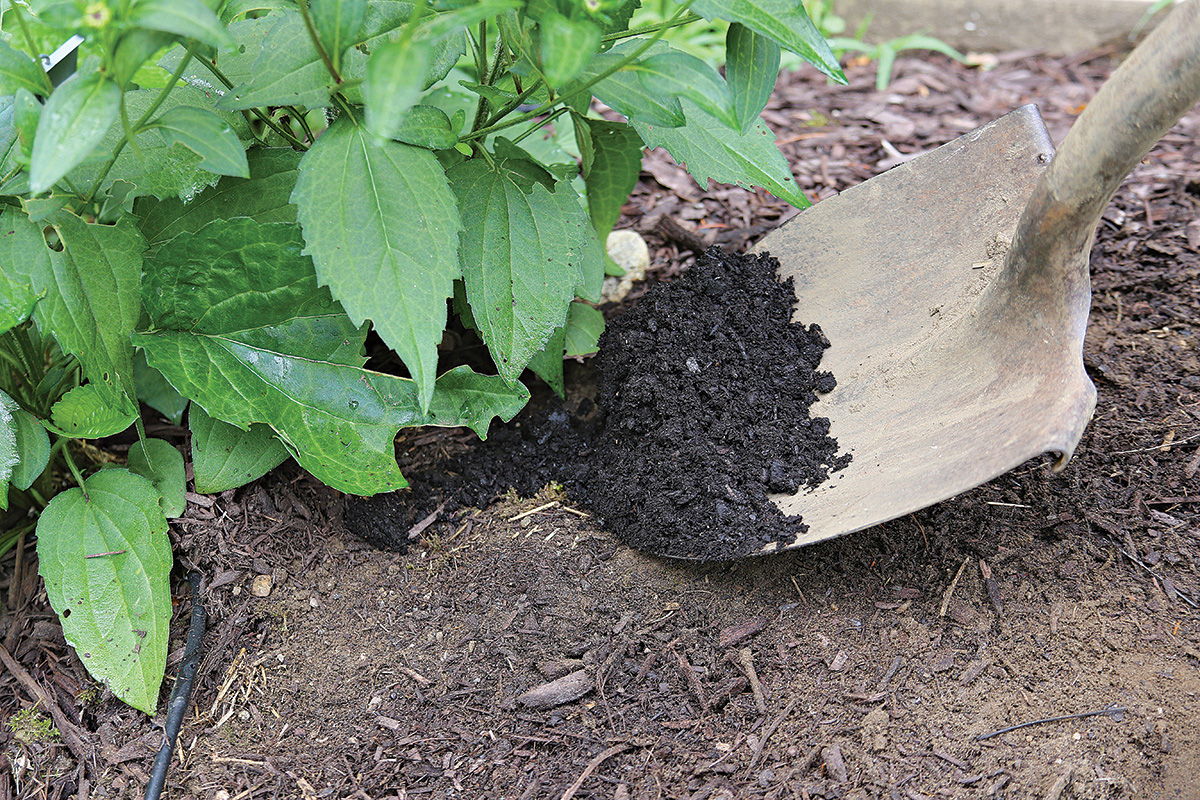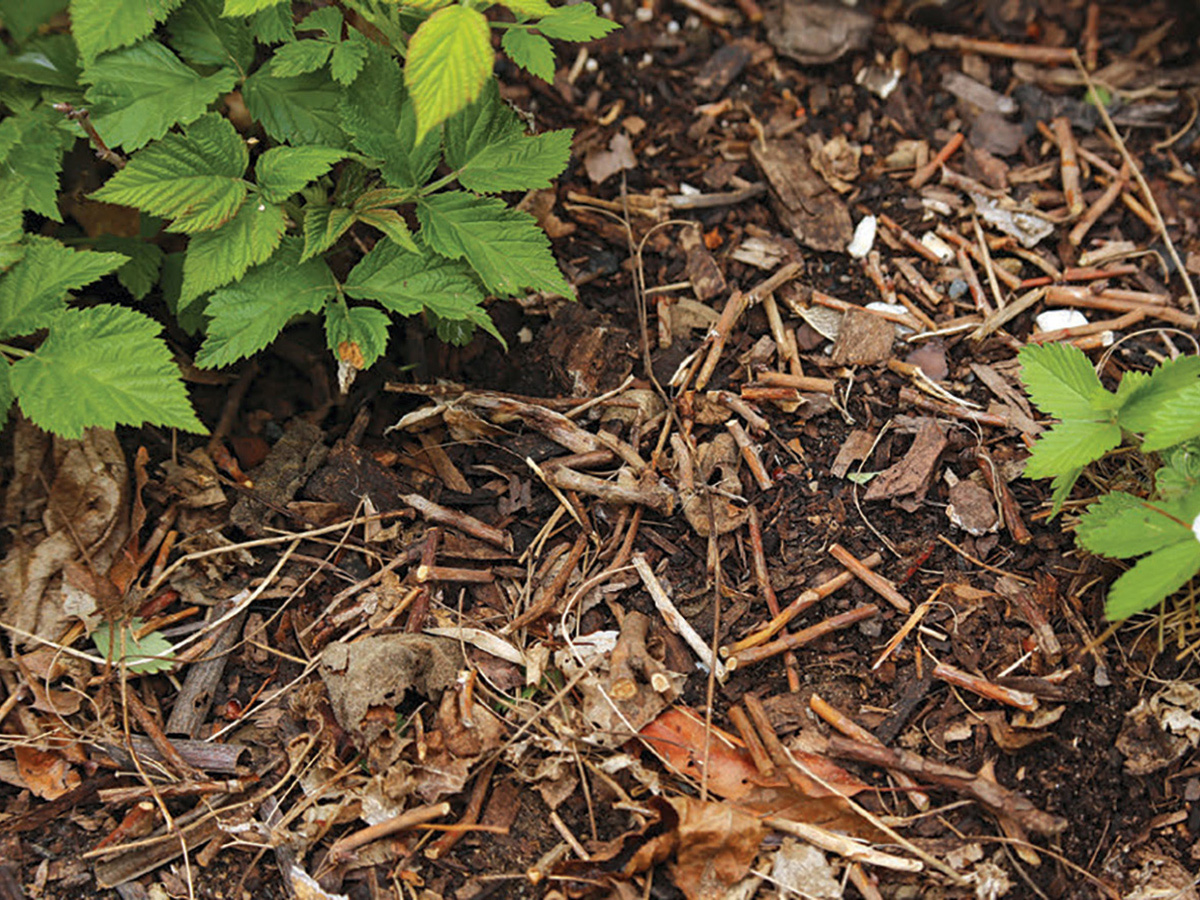There isn’t any option to sugarcoat the challenges many people within the Mid-Atlantic area have confronted this summer season. The inconsistency of rainfall and the intense excessive temperatures have tremendously impacted our efforts to backyard efficiently. Even with valiant efforts to use supplemental irrigation, I’ve witnessed a variety of plant materials displaying indicators of drought stress that I’ve hardly ever witnessed in my 15-plus years of gardening on this area. To say it’s trigger for concern could be an understatement. In consequence, in the previous couple of months I’ve been repeatedly requested how we are able to put together our beloved gardens to cut back warmth and moisture stress for future rising seasons. One reply to this conundrum is so as to add natural matter to the soil within the type of compost.
What’s compost?
In line with the US Composting Council, “Compost is the product manufactured via the managed cardio, organic decomposition of biodegradable supplies. The product has undergone mesophilic and thermophilic temperatures, which considerably reduces the viability of pathogens and weed seeds and stabilizes the carbon such that it’s helpful to plant development. Compost is often used as a soil modification however may additionally contribute plant vitamins.” That may be a very technical definition to explain what I prefer to discuss with as plant materials that has damaged down previous the purpose of recognition from its authentic kind.
After my preliminary reply of including compost, the frequent follow-up query is, “What are the advantages of including compost to our soil? How does this really assist?”
How does it work?
Crops grown in wholesome soils that present the wide selection of vitamins wanted to thrive are way more resilient and might suppress pests and ailments. On this side, consider compost as an immune booster. Much like human well being, if a plant’s immune system is flourishing and lively it might probably keep at bay detrimental invaders. Compost is the plant equal of human probiotics. Compost gives the essential constructing blocks that help the soil biome and create an surroundings that’s best for helpful fungi, micro organism, and macro- and microorganisms to thrive. All help in making a residing ecosystem that helps plant well being.
Including compost improves the soil’s cation alternate capability (CEC), which is the measure of what number of positively charged ions a soil can retailer. In different phrases, CEC is actually the soil’s potential to carry vitamins and supply an surroundings the place vitamins can be found for plant uptake. Heavy clay soils have a really excessive CEC, thus are excessive in vitamins. Sandy soils are low on the CEC scale and lack the flexibility to carry vitamins in suspension. However each soil varieties will profit from incorporating natural matter. Heavy clay soils have very tight bonds, so tight actually that vitamins are strongly bonded to soil particles and never simply accessible for plant uptake. Conversely, sandy soils have very weak bonds, and water shifting via the soil strata will wash or leach vitamins away. Compost incorporation will loosen bonds in clay soils and strengthen bonds in sandy soils.

Incorporating natural matter balances a soil’s pH stage. Soil pH refers back to the acidity or alkalinity of soil on a logarithmic scale, with most decorative vegetation preferring a pH vary of 6.5 to 7.5. Inside this vary, macro- and micronutrients that vegetation depend on can be found for uptake via their root system. When pH readings are outdoors of this vary, nutrient availability is restricted. Compost typically has a pH studying between 6 and eight, so you possibly can steadily improve or lower a soil’s pH relying on current ranges.
Elevated water-holding capability can be a significant good thing about including natural matter. Compost acts as a sponge; it has the distinctive potential to carry giant quantities of water when in comparison with its particle dimension. Thus, growing the quantity of compost in your soil will increase its water-holding capability.
Because the compost dialog continues, I inevitably get requested: “How do you incorporate compost into your soils?”
How do you incorporate compost into soil?

When establishing a brand new backyard space or mattress, unfold 3 to 4 inches of compost over the whole floor, then combine the compost into the soil as deeply as doable through mechanical or bodily hand tilling. In established or planted beds the place tilling just isn’t an possibility, merely including the three to 4 inches of compost on the floor yearly will obtain the specified leads to a couple of years’ time. Even including a number of handfuls of compost to your container combine when planting up pots can have a big impression on watering frequency, and top-dressing lawns with ¼ to ½ inch of compost and raking it in will assist struggling grass.
If you’re not a fan of the look of conventional compost as a mulch, to not fear. Conventional mulching supplies corresponding to wooden chips or shredded hardwood can even help to the rise of natural matter in your gardens. As a rule, the extra damaged down the mulching materials is the quicker it is going to incorporate into your soil. Giant wooden chips break down slowly and can take for much longer to include into your soil, however the advantages will occur over time.

This method just isn’t a one-and-done resolution. Yearly functions are really useful to facilitate the continued cycle of natural matter incorporation. And as with every effort to extend soil well being, it’s advisable to get a way of your jumping-off level. A fundamental soil check that may be bought through your native extension company or backyard heart can present a strong baseline to information your efforts. CEC, pH, and fundamental nutrient info are supplied within the soil check outcomes.
Though not a fast repair, composting is a particularly environmentally pleasant method to boosting soil well being and in flip tremendously growing our vegetation’ potential to resist environmental stresses within the years to return. In spite of everything, many people inexperienced thumbs know that good issues come to those that are diligent and affected person.
Extra on composting:
And for extra Mid-Atlantic regional experiences, click on right here.
Adam Glas is a backyard supervisor and rosarian on the Scott Arboretum of Swarthmore Faculty in Swarthmore, Pennsylvania.
















